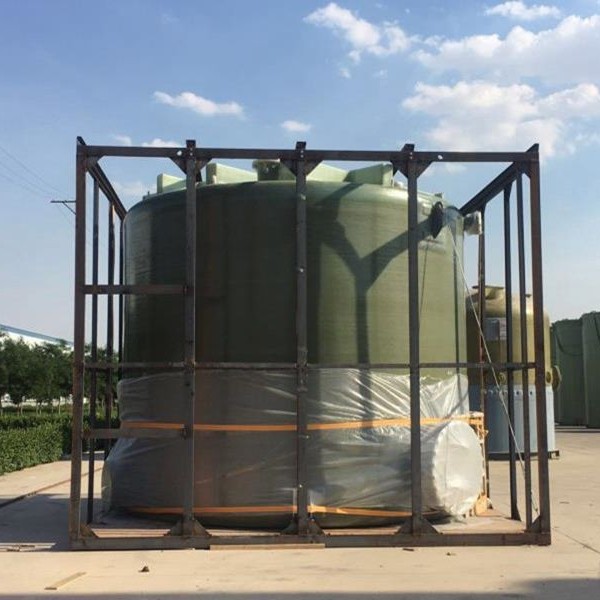
-
 Afrikaans
Afrikaans -
 Albanian
Albanian -
 Amharic
Amharic -
 Arabic
Arabic -
 Armenian
Armenian -
 Azerbaijani
Azerbaijani -
 Basque
Basque -
 Belarusian
Belarusian -
 Bengali
Bengali -
 Bosnian
Bosnian -
 Bulgarian
Bulgarian -
 Catalan
Catalan -
 Cebuano
Cebuano -
 China
China -
 China (Taiwan)
China (Taiwan) -
 Corsican
Corsican -
 Croatian
Croatian -
 Czech
Czech -
 Danish
Danish -
 Dutch
Dutch -
 English
English -
 Esperanto
Esperanto -
 Estonian
Estonian -
 Finnish
Finnish -
 French
French -
 Frisian
Frisian -
 Galician
Galician -
 Georgian
Georgian -
 German
German -
 Greek
Greek -
 Gujarati
Gujarati -
 Haitian Creole
Haitian Creole -
 hausa
hausa -
 hawaiian
hawaiian -
 Hebrew
Hebrew -
 Hindi
Hindi -
 Miao
Miao -
 Hungarian
Hungarian -
 Icelandic
Icelandic -
 igbo
igbo -
 Indonesian
Indonesian -
 irish
irish -
 Italian
Italian -
 Japanese
Japanese -
 Javanese
Javanese -
 Kannada
Kannada -
 kazakh
kazakh -
 Khmer
Khmer -
 Rwandese
Rwandese -
 Korean
Korean -
 Kurdish
Kurdish -
 Kyrgyz
Kyrgyz -
 Lao
Lao -
 Latin
Latin -
 Latvian
Latvian -
 Lithuanian
Lithuanian -
 Luxembourgish
Luxembourgish -
 Macedonian
Macedonian -
 Malgashi
Malgashi -
 Malay
Malay -
 Malayalam
Malayalam -
 Maltese
Maltese -
 Maori
Maori -
 Marathi
Marathi -
 Mongolian
Mongolian -
 Myanmar
Myanmar -
 Nepali
Nepali -
 Norwegian
Norwegian -
 Norwegian
Norwegian -
 Occitan
Occitan -
 Pashto
Pashto -
 Persian
Persian -
 Polish
Polish -
 Portuguese
Portuguese -
 Punjabi
Punjabi -
 Romanian
Romanian -
 Russian
Russian -
 Samoan
Samoan -
 Scottish Gaelic
Scottish Gaelic -
 Serbian
Serbian -
 Sesotho
Sesotho -
 Shona
Shona -
 Sindhi
Sindhi -
 Sinhala
Sinhala -
 Slovak
Slovak -
 Slovenian
Slovenian -
 Somali
Somali -
 Spanish
Spanish -
 Sundanese
Sundanese -
 Swahili
Swahili -
 Swedish
Swedish -
 Tagalog
Tagalog -
 Tajik
Tajik -
 Tamil
Tamil -
 Tatar
Tatar -
 Telugu
Telugu -
 Thai
Thai -
 Turkish
Turkish -
 Turkmen
Turkmen -
 Ukrainian
Ukrainian -
 Urdu
Urdu -
 Uighur
Uighur -
 Uzbek
Uzbek -
 Vietnamese
Vietnamese -
 Welsh
Welsh -
 Bantu
Bantu -
 Yiddish
Yiddish -
 Yoruba
Yoruba -
 Zulu
Zulu
fiberglass walkway grating
The Benefits and Applications of Fiberglass Walkway Grating
Fiberglass walkway grating has emerged as a popular choice for various industrial, commercial, and even residential applications. Known for its durability, lightweight nature, and resistance to corrosion, fiberglass grating is an ideal solution in environments where traditional materials like wood or metal might fail. This article will delve into the features, benefits, and applications of fiberglass walkway grating.
What is Fiberglass Walkway Grating?
Fiberglass grating is composed of fiberglass reinforced plastic (FRP), which is created by combining a resin matrix with glass fibers. This composite material results in a product that is both strong and lightweight, making it an excellent alternative to more conventional building materials. Fiberglass grating is available in various designs and configurations, including rectangular and square shapes, and comes in a range of colors to suit aesthetic requirements.
Key Features
1. Corrosion Resistance One of the most significant advantages of fiberglass grating is its resistance to corrosion. Unlike metal grating, which can rust and degrade over time when exposed to moisture and chemicals, fiberglass is impervious to a wide array of corrosive substances. As a result, it's particularly useful in environments like wastewater treatment facilities, chemical plants, and marine settings.
2. Lightweight Fiberglass grating is significantly lighter than metal alternatives, making it easier to handle and install. This lightweight nature reduces installation costs and labor time while making transportation more cost-effective.
3. Slip Resistance Many fiberglass grating products feature a slip-resistant surface, ensuring safety in wet or slippery conditions. This is crucial in industrial settings where spills may occur, preventing accidents and injuries.
4. Maintenance-Free Fiberglass grating does not require extensive maintenance. It is resistant to mold, mildew, and UV rays, ensuring that it retains its appearance and structural integrity over time, thus eliminating the need for frequent upkeep.
5. Customizable Fiberglass grating can be manufactured to meet specific load-bearing requirements and custom dimensions, allowing for tailored solutions suitable for various applications.
fiberglass walkway grating

Benefits
The benefits of fiberglass walkway grating extend beyond its physical properties
.- Cost-Effective Although the initial cost may be higher than traditional materials, the long-term savings in maintenance, replacement, and safety make fiberglass grating a cost-effective option. - Environmental Impact As fiberglass products are often made from recycled materials and are fully recyclable themselves, they represent a more sustainable choice compared to conventional construction materials.
- Versatility in Applications The adaptability of fiberglass grating makes it suitable for use in various industries, including
- Industrial Plants Fiberglass grating is widely used in industrial settings for walkways, platforms, and decks due to its strength and anti-corrosive properties.
- Wastewater Treatment Facilities In these facilities, fiberglass grating is commonly utilized for catwalks and covers, where it withstands harsh chemical environments.
- Marine Applications Boat docks and marinas benefit from fiberglass grating’s resistance to saltwater corrosion, providing safe, durable surfaces for foot traffic.
- Recreational Areas Fiberglass grating can also be used in parks and public spaces as walkways and bridges, enhancing aesthetics while ensuring user safety.
Conclusion
Fiberglass walkway grating represents a durable, versatile, and low-maintenance solution for various applications across multiple industries. Its unique combination of lightweight properties, corrosion resistance, and customization options make it a superior choice over traditional materials. As industries continue to prioritize safety and efficiency, the adoption of fiberglass grating is likely to increase, offering a robust solution for current and future construction needs. Whether for industrial, commercial, or recreational use, fiberglass walkway grating stands as a testament to innovation in building materials, aligning with the modern demands of durability, safety, and sustainable construction practices.









